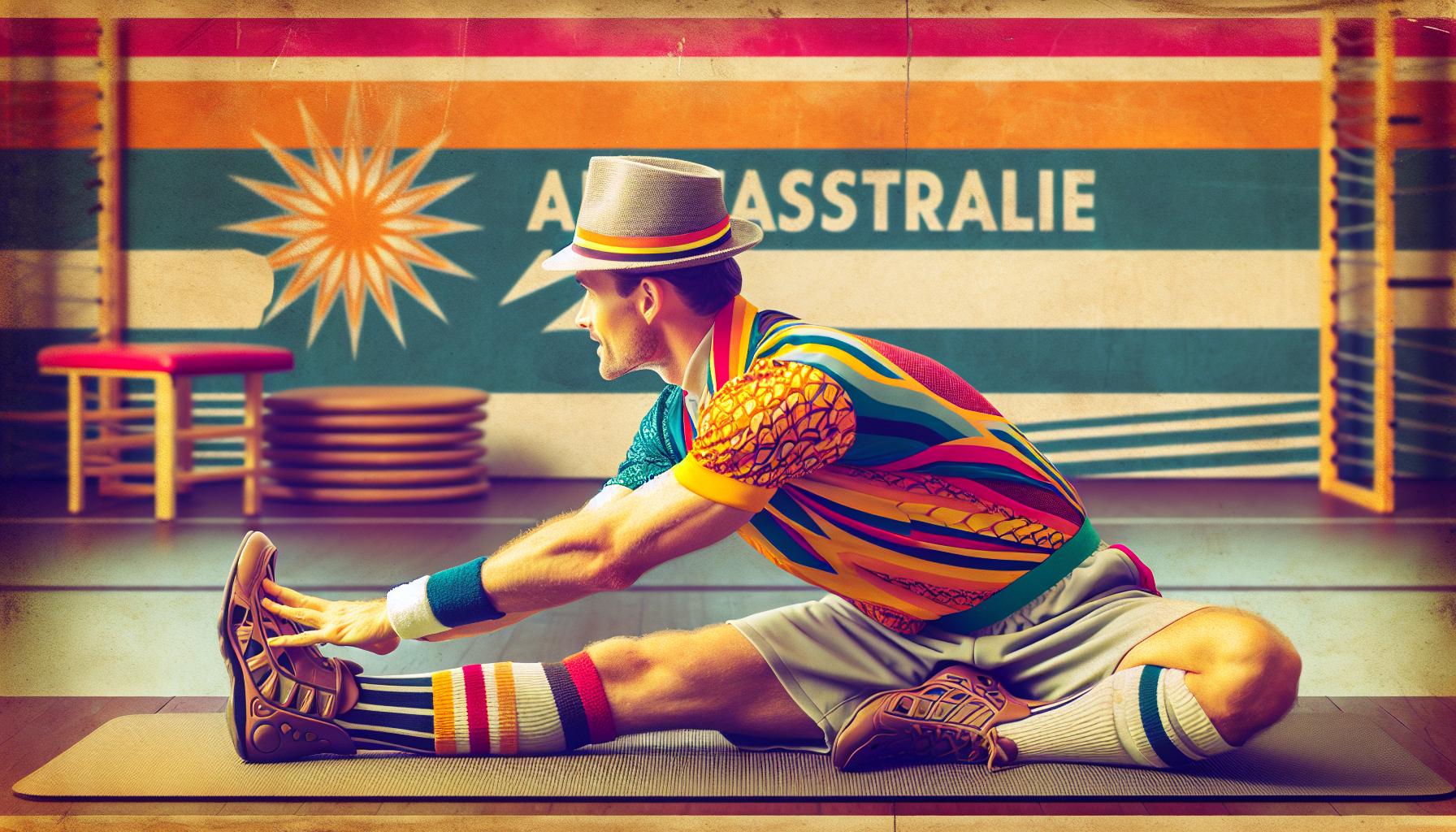Custom orthotics play a crucial role in enhancing foot health and overall comfort. Tailored to an individual’s unique foot structure, these devices can alleviate pain, improve posture, and boost athletic performance. Understanding what custom orthotics are and how they can benefit everyday activities is essential for anyone looking to enhance their mobility and well-being.
Key Takeaways
- Understanding Custom Orthotics: Custom orthotics are tailored foot supports designed to correct biomechanical issues, improve alignment, and alleviate discomfort.
- Types of Orthotics: There are several types, including functional, accommodation, rigid, and soft orthotics, each catering to different foot needs and medical conditions.
- Benefits: Key benefits include pain relief for conditions like plantar fasciitis, enhanced mobility through improved foot alignment, and increased stability during physical activities.
- Assessment Process: Obtaining custom orthotics involves an initial consultation, thorough assessment and measurements, and a fitting session for personalised comfort.
- Everyday Applications: Custom orthotics can be used in various footwear and are effective for daily activities, aiding in reducing fatigue and enhancing overall foot health.
Overview of Custom Orthotics
Custom orthotics are tailored devices designed specifically to support an individual’s feet. These orthotics play a crucial role in alleviating discomfort and enhancing overall mobility.
Definition and Purpose
Custom orthotics are foot supports crafted from precise measurements of an individual’s foot structure. Their primary purpose is to correct biomechanical issues related to foot movements, improving alignment and reducing strain on the body. They can relieve pain, support conditions like plantar fasciitis, and promote proper foot function, thereby enhancing daily activities.
Types of Custom Orthotics
Several types of custom orthotics cater to different needs:
- Functional Orthotics: These focus on correcting abnormal foot mechanics and are often used to treat specific conditions like overpronation.
- Accommodation Orthotics: Designed for cushioning and shock absorption, these provide support for diabetic feet or arthritis sufferers.
- Rigid Orthotics: Made from firm materials, these restrict motion, helping conditions such as tendonitis or other severe foot issues.
- Soft Orthotics: Built from soft materials, these provide flexibility and relief, suitable for people with foot deformities or sensitive feet.
Choosing the right type of custom orthotic hinges on the individual’s specific foot structure and medical needs.
Benefits of Custom Orthotics

Custom orthotics provide numerous advantages, enhancing foot health and overall comfort. These tailored devices offer specific benefits that contribute to an individual’s well-being.
Pain Relief
Custom orthotics effectively reduce pain by providing support to the arches and distributing weight evenly across the foot. They target common sources of discomfort, such as plantar fasciitis, Achilles tendinitis, and heel spurs. By addressing biomechanical issues, custom orthotics alleviate strain on muscles and joints, resulting in significant pain relief during daily activities and exercise.
Improved Mobility
Custom orthotics enhance mobility by improving foot alignment and stability. They facilitate more efficient movement patterns, reducing the risk of injury during physical activities. Better alignment promotes balanced gait mechanics, leading to increased confidence while walking, running, or participating in sports. Individuals often notice improved performance in athletic pursuits and greater endurance during physical exertion.
For personalised solutions, Align HC Custom Orthotics offers expertly designed products tailored to meet individual needs. By choosing the right orthotics, individuals can enjoy improved mobility, reduced discomfort, and enhanced support for everyday activities or athletic performance.
The Process of Getting Custom Orthotics
The process of obtaining custom orthotics involves several key steps, each designed to ensure the orthotics fit the individual’s unique needs.
Initial Consultation
During the initial consultation, a qualified healthcare professional evaluates the individual’s foot health. This session includes discussing any foot pain, medical history, and lifestyle factors. Patients describe specific issues they experience, such as discomfort while walking or standing. This comprehensive dialogue helps the healthcare provider understand the patient’s needs better and lays the groundwork for further assessment.
Assessment and Measurements
Following the consultation, the assessment phase begins. This typically involves a thorough examination of the feet, including examining the arches, toes, and overall foot structure. The healthcare professional frequently performs a gait analysis to observe how the individual walks. This analysis, combined with precise measurements of foot length and width, informs the design of the custom orthotics. Advanced technology, such as digital scanning or moulding, may be used to capture exact contours of the feet.
Creation and Fitting
The creation of custom orthotics starts once the assessment is complete. Orthotics specialists use the acquired data to produce devices tailored to the individual’s specifications. This process may involve the use of various materials to achieve the necessary support and comfort. Once the orthotics are ready, a fitting session occurs. During this session, specialists ensure the orthotics fit properly and adjust them as necessary. They provide guidance on how to gradually incorporate the orthotics into daily activities to maximise comfort and effectiveness.
Common Uses of Custom Orthotics
Custom orthotics serve several purposes that address different foot-related issues and enhance daily activities.
Support for Specific Conditions
Custom orthotics provide crucial support for specific conditions such as plantar fasciitis, flat feet, and high arches. They offer relief by redistributing pressure, alleviating discomfort, and maintaining proper foot alignment. In cases of overpronation, these devices help correct gait imbalances, reducing strain on the feet, knees, and hips. Custom orthotics effectively support patients recovering from injuries, facilitating rehabilitation by ensuring proper mechanics during the healing process.
Everyday Use
Custom orthotics find everyday applications, offering comfort and support during routine activities. They improve daily mobility by enhancing stability while walking or standing. People wearing orthotics often experience less fatigue throughout the day due to improved weight distribution and arch support. Custom orthotics are beneficial in various footwear, from athletic shoes to work boots, ensuring consistent comfort regardless of the environment. Incorporating these devices enhances overall foot health, allowing individuals to pursue active lifestyles without foot pain or discomfort.
Conclusion
Custom orthotics play a crucial role in enhancing foot health and overall comfort. By addressing individual biomechanical needs, they provide targeted support that alleviates pain and improves mobility. Whether for everyday activities or athletic performance, these personalised devices offer significant benefits that contribute to a more active and pain-free lifestyle.
Investing in custom orthotics can lead to long-term improvements in foot alignment and stability. With proper guidance from healthcare professionals, individuals can find the right orthotics tailored to their specific requirements. This proactive approach not only addresses existing discomfort but also prevents future issues, making custom orthotics a valuable addition to anyone’s wellness routine.
Frequently Asked Questions
What are custom orthotics?
Custom orthotics are personalised foot devices designed to support the unique structure of an individual’s feet. They aim to alleviate discomfort, improve alignment, and enhance mobility by correcting biomechanical issues related to foot movements.
How do custom orthotics improve foot health?
Custom orthotics improve foot health by providing targeted support to the arches, distributing weight evenly, and correcting alignment. This helps reduce pain from common conditions like plantar fasciitis and enhances overall comfort during daily activities.
What types of custom orthotics are available?
There are several types of custom orthotics: functional orthotics to correct foot mechanics; accommodation orthotics for cushioning; rigid orthotics to restrict motion; and soft orthotics for added flexibility and relief. The right type depends on individual foot structure and medical needs.
How are custom orthotics made?
The process begins with a consultation where a healthcare professional assesses foot health and discusses any pain. Next, detailed measurements and a gait analysis are taken. Finally, specialists create and fit the custom orthotics to ensure comfort and proper function.
Who can benefit from custom orthotics?
Individuals experiencing foot pain, discomfort, or those with specific conditions like flat feet or high arches can benefit from custom orthotics. They are also useful for athletes seeking improved performance and injury prevention through better foot alignment and stability.
Can I wear custom orthotics with all types of footwear?
Yes, custom orthotics can be used with various types of footwear. However, it’s important to ensure that the shoes provide adequate space and support for the orthotics to function effectively, enhancing stability and comfort during daily activities.
